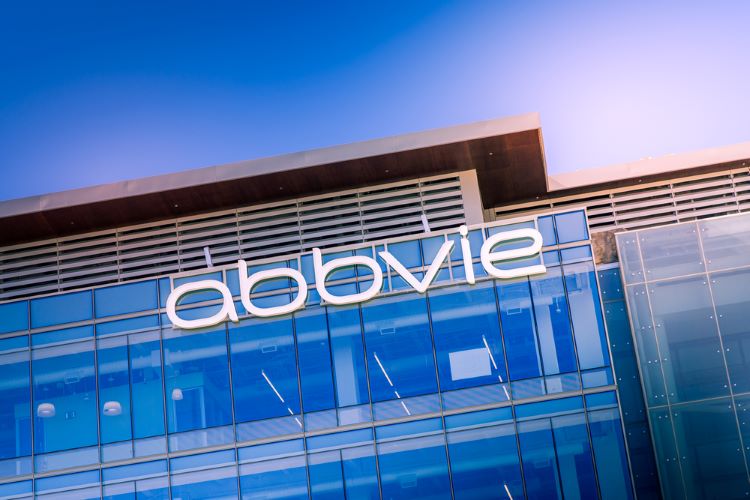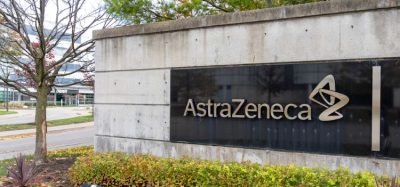NICE recommends injectable bispecific antibody for aggressive blood cancer
Posted: 1 February 2024 | Catherine Eckford (European Pharmaceutical Review) | No comments yet
Recommendation of AbbVie’s bispecific antibody for NHS use is based on a Phase I/II trial, which observed a 62 percent overall response rate in diffuse large B-cell lymphoma (DLBCL) patients.


Credit: Valeriya Zankovych / Shutterstock.com
The National Institute for Health and Care Excellence (NICE) has recommended AbbVie’s Tepkinly® (epcoritamab) as the first injectable bispecific antibody for certain adults with the blood cancer diffuse large B-cell lymphoma (DLBCL).
Epcoritamab is indicated as an additional administration option for DLBCL, in adults whose cancer has relapsed or been refractory after two or more lines of systemic therapy. This is the case if these patients have previously had polatuzumab vedotin or it is contraindicated or not tolerated, according to NICE.
A new class of therapies
Positively, unlike some existing therapy options like CAR-T, as a part of a new class of treatments, the G1-bispecific antibody epcoritamab does not require cell collection and engineering, NICE highlighted.
Epcoritamab is designed to simultaneously attach to two different cells, one immune T cell and one cancerous lymphoma cell, bringing them together. In this way, the immune T cell is activated to eliminate the cancerous lymphoma cell, based on a EBioMedicine paper published in 2020.
Blood cancer trial outcomes
Efficacy of epcoritamab
The NICE recommendation is based on the single-arm Phase I/II EPCORE NHL-1 trial data, which demonstrated a 62 percent overall response rate. The complete response rate was 39 percent. For the patients in the trial, their blood cancer either reduced by fifty percent or showed complete response.
The findings also showed that epcoritamab prevented growth or spread of the cancer for an average of 15.6 months. Overall, participants survived for an average of 19.4 months from the start of epcoritamab therapy. These data are based on research highlighted by AbbVie.
“Despite recent therapeutic advances, treatment options for this hard-to-treat group of patients have been limited. This can mean many patients do not have suitably effective treatment options, resulting in a poor prognosis,” stated Professor Chris Fox, Professor of Haematology, School of Medicine, University of Nottingham and Honorary Consultant Haematologist, Nottingham University Hospitals NHS Trust.
Epcoritamab subcutaneous injection
Supporting eligible patients with an aggressive blood cancer
NICE’s decision recommending epcoritamab for eligible NHS patients “is a welcome step for many,” Rincy George, Policy Officer at Blood Cancer UK added. This is because it is administered by subcutaneous injection, and the few treatments available for this patient population are normally given intravenously, according to Blood Cancer UK.
“We are delighted that NICE has recognised the benefit that epcoritamab can have on the lives of people living with R/R DLBCL,” shared Belinda Byrne, Medical Director, AbbVie UK.
Related topics
Anti-Cancer Therapeutics, Antibodies, Big Pharma, Biologics, Biopharmaceuticals, business news, Drug Markets, Drug Safety, Industry Insight, Therapeutics
Related organisations
AbbVie, National Institute for Health and Care Excellence (NICE)









